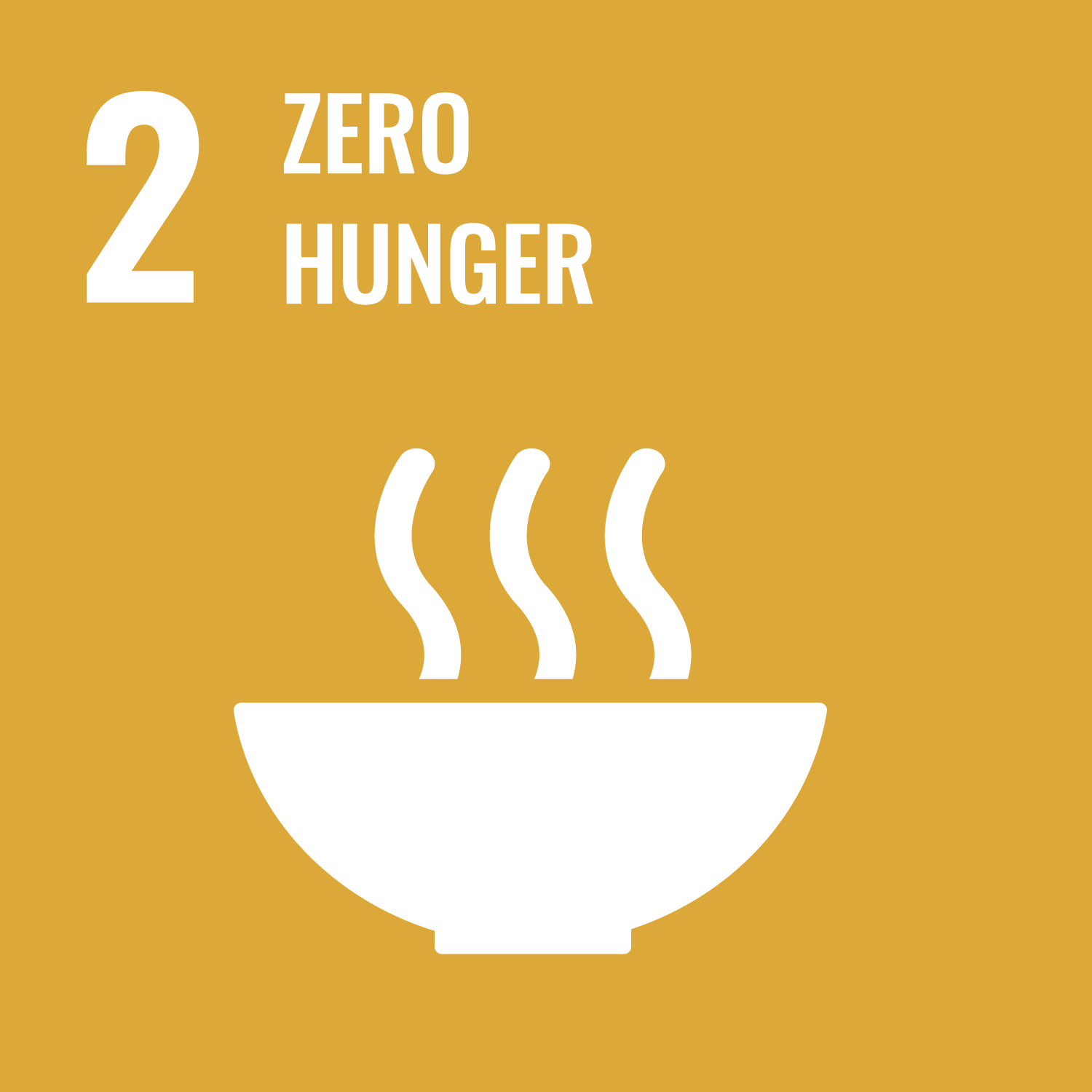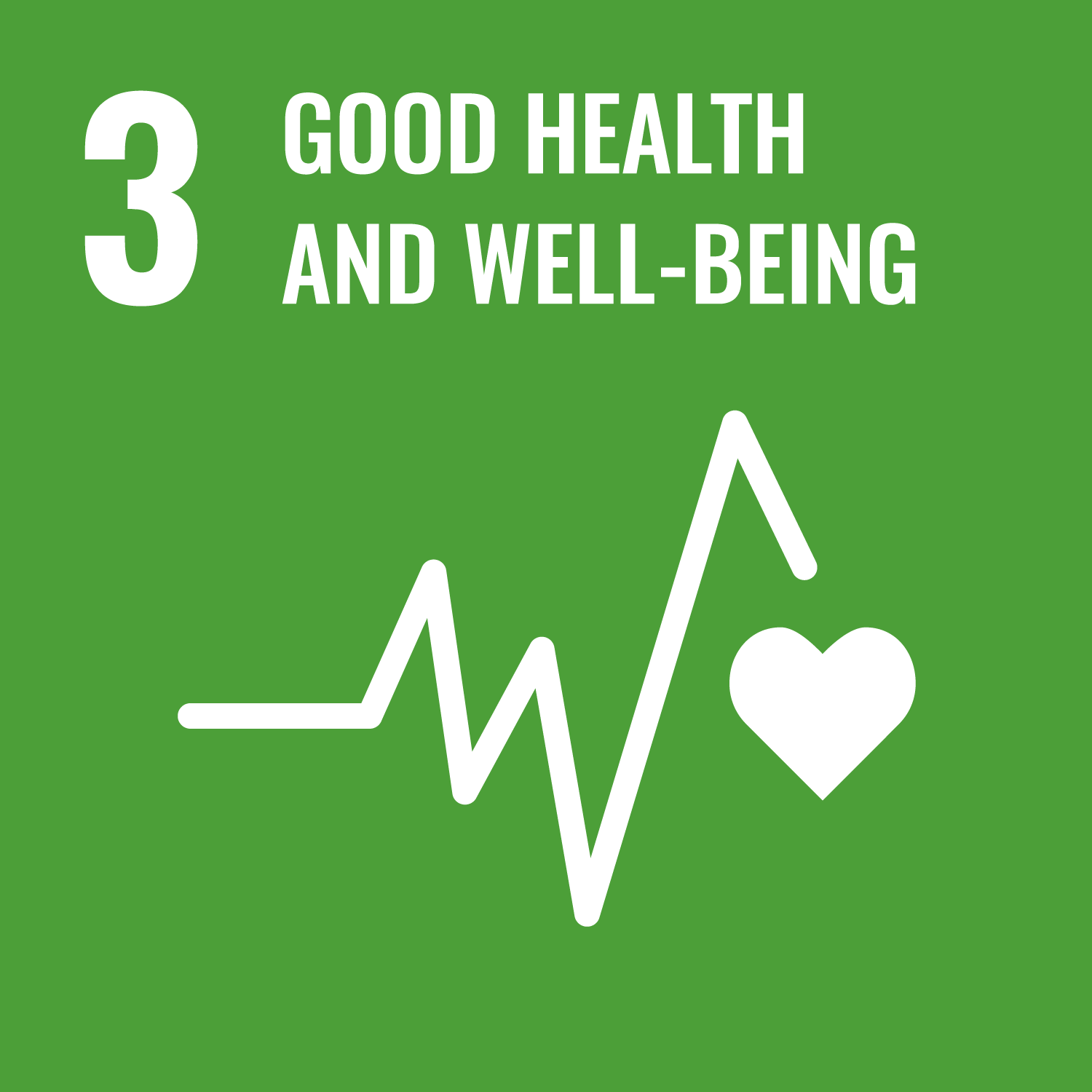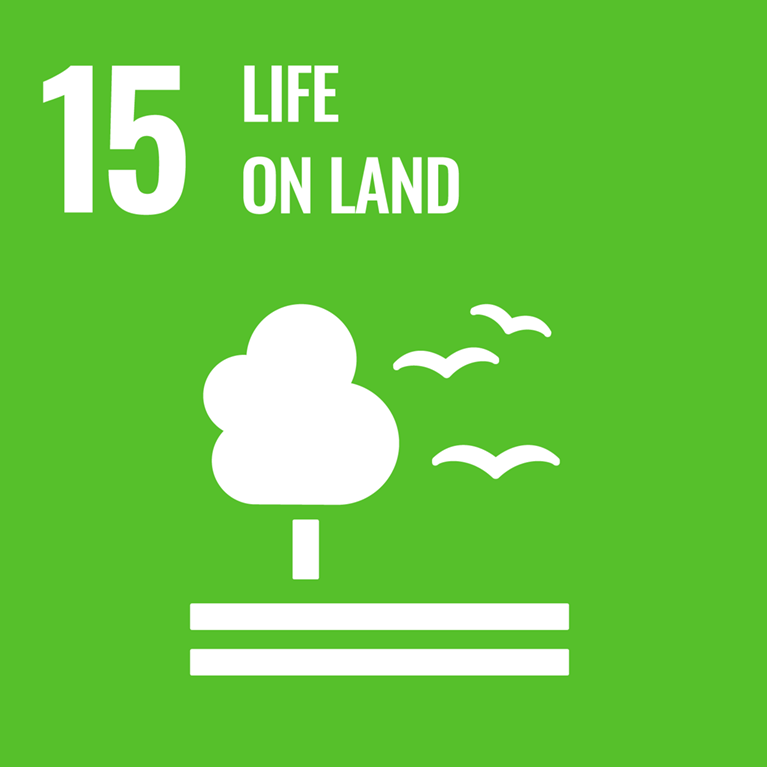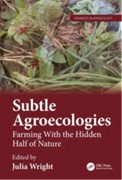
Subtle Agroecologies: Farming with the Hidden Half of Nature
Funder
Various including Newton Fund
Value
£10,000
Collaborators
Santa Catarina State University (UDESC), Brazil
Team
Duration
2017 - Ongoing
CAWR Themes
People’s Knowledge and Transdisciplinary Working Group
Resilient Food and Water Systems in Practice
Sustainable Development Goals



Programme Overview
It is widely held that our farming and food systems require a systemic change away from industrial approaches and toward greater ecological and social sustainability, but this is only half of the challenge. In contrast to the industrial agricultural worldview which is driven by material accumulation and dominion over nature, the worldviews of indigenous cultures recognise not only our interconnected relationship with nature but also nature’s hidden, invisible dimensions. These dimensions may be variously interpreted as involving vibrational energy, consciousness, spirit and/or the other-than-human. Even the predominant sustainable farming movements remain rooted in the physical-material worldview; it is only biodynamic farming that embraces these invisible dimensions through its research and practice.
Subtle Agroecologies is proposed as an antidote to this predicament. Rather than being a farming system in itself, it superimposes a non-material dimension upon existing, materially-based agroecological farming systems. It is grounded in the lived experiences of humans working on, and with, the land over thousand of years to the present.
A more appropriate consciousness has been called for in Western society, one that is ecological and grounded in the real and intimate connection between human and nature. To respond to this, we may conceive of the re-enchanting of agriculture as a way for people in modernist societies to reclaim their indigenous relationship with the living landscape they are in, a real-time, place-based relationship which may, therefore, be accessed and rekindled by anyone, anywhere.
The following is a collection of techniques, methods, arts and sciences associated with Subtle Agroecologies. This collection is not exhaustive, and many of the terms share similarities and may be used simultaneously: Agro-homeopathy, astronomy, biodynamic preparations, bio-electromagnetism, dowsing, eco-alchemy, feng shui/geomancy, interspecies communication, intuition/direct knowing, love, mantras/chanting, paramagnetism, planting calendars, prayer/intention, radionics, ritual, sacred geometry, Schumann resonances, sound/ultrasound, teacher plants/psychoactives, water dynamisation.
Research into Subtle Agroecologies then follows as the systematic study of the nature of the invisible world as it relates to the practice of agriculture, through adapting and innovating with research methods and in particular with those of a more embodied nature. It comprises a nexus of indigenous epistemologies, multidisciplinary advances in wave-based and ethereal studies, and the science of sustainable agriculture. Depending on the situation, this may take a goal-oriented, reductionist focus on, for example, increasing crop and livestock yields or reducing the incidence of pests and diseases, or a wide-angled vision of simultaneously working with multiple factors and concerns, all based on an ethics of care and with the overall purpose of bringing and maintaining balance and harmony to the farm (and the farmer), the community, and the world.
Programme Objectives
- To explore the philosophical and historical underpinnings of Subtle Agroecologies.
- To evaluate the performance, the challenges and the benefits of Subtle Agroecologies.
- To develop new Subtle Agroecological techniques and improve on existing ones.
- To develop new and more appropriate methodologies for research into Subtle Agroecologies.
 modernist farming practice and research. Bringing together 43 authors from 12 countries and five continents, from the natural and social sciences as well as the arts and humanities, this multi-contributed book introduces the discipline, explaining its relevance and potential contribution to the field of Agroecology.
modernist farming practice and research. Bringing together 43 authors from 12 countries and five continents, from the natural and social sciences as well as the arts and humanities, this multi-contributed book introduces the discipline, explaining its relevance and potential contribution to the field of Agroecology.



